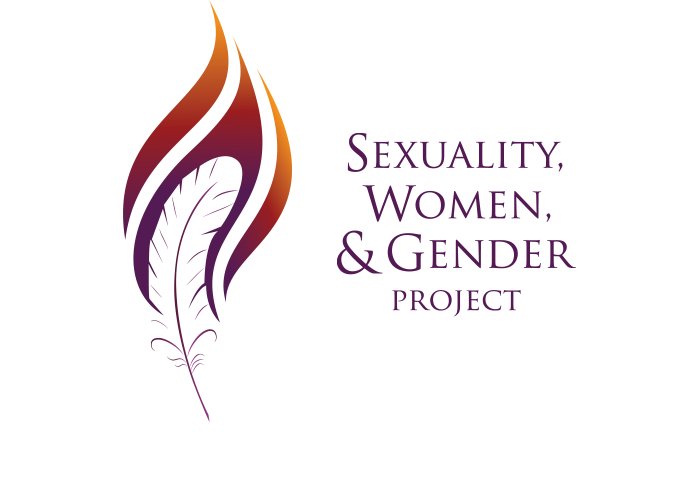NEW DEMETER CFP: Mothers, Military, and Society
CALL FOR PAPERS
Demeter Press is seeking submissions for an edited collection entitled Mothers, Military, and Society
Co-Editors: Sarah Hampson, Udi Lebel, and Nancy Taber
Expected Publication Date: 2017
Motherhood and military are often viewed as dichotomous concepts, with the former symbolizing feminine ideals and expectations, and
the latter suggesting masculine ideals and norms. Mothers, Military, and Society will contribute to a growing body of research that disrupts this false dichotomy. It will discuss the many ways in which mothers and the military converse, align, and intersect in society. This interdisciplinary volume will explore mothers and their connection with the military from global, contemporary, and historical perspectives. Chapters may include a variety of case studies, empirical research, theoretical perspectives, and personal narratives.
Suggested topics include, but are not limited to: Mothers serving in the military; mothers and the military in comparative perspective; mothers in combat; breastfeeding in the military; mothers and deployment; mothers of service members; motherhood, military as ideas; changes in mothers and the military; gender constructions of motherhood and military; mothers and the military in popular culture; leadership in the military and the family; child custody, mothers
and the military; educational perspectives on mothers and the military;
equality narratives, mothers and the military; mothers and peace efforts; mothers, sexual harassment and sexual assault in the military; mothers and
private defense agencies; mothers and the defense industry; mothers and terrorism; mothers and military professionalism; mothers, military
and the environment.
Submission Guidelines
Abstracts should be approximately 250-500 words.
Please also include a
brief biography (50 words).
Please send to mothersandmilitary@gmail.com
(mailto:mothersandmilitary@gmail.com)
Deadline for abstracts is October 1, 2015
Authors will be notified about the status of their proposal by November 1,
2015
Full chapters of 4,000-5,000 words (15-20 pages) due May 1, 2016 and
should conform to MLA citation format. Note: all full chapters submitted will be included subject to review.
Chapters will be reviewed, and sent back to authors with requested
revisions by August 1, 2016. Final revisions of chapter due Nov 1, 2016
Publication expected in 2017
DEMETER PRESS
Holland St. West, P.O. Box 13022
Bradford, ON, L3Z 2Y5
(tel) 905-775-5215
http://www.demeterpress.org
(http://www.demeterpress.org/)
info@demeterpress.org (mailto:info@demeterpress.org)
Dr. Andrea O'Reilly,
Professor,
School of Women's Studies,
Founder-Director: Motherhood Initiative for Research and Community
Involvement,
Journal of the Motherhood Initiative, Demeter Press,
Editor, Encyclopedia of Motherhood, Sage Press, 2010.
York University,
Toronto, Ont.,
M3J 1P3
416 736 2100; 60366
aoreilly@yorku.ca (mailto:aoreilly@yorku.ca)
www.motherhoodinitiative.org;www.demeterpress.org
(http://www.motherhoodinitiative.org)

